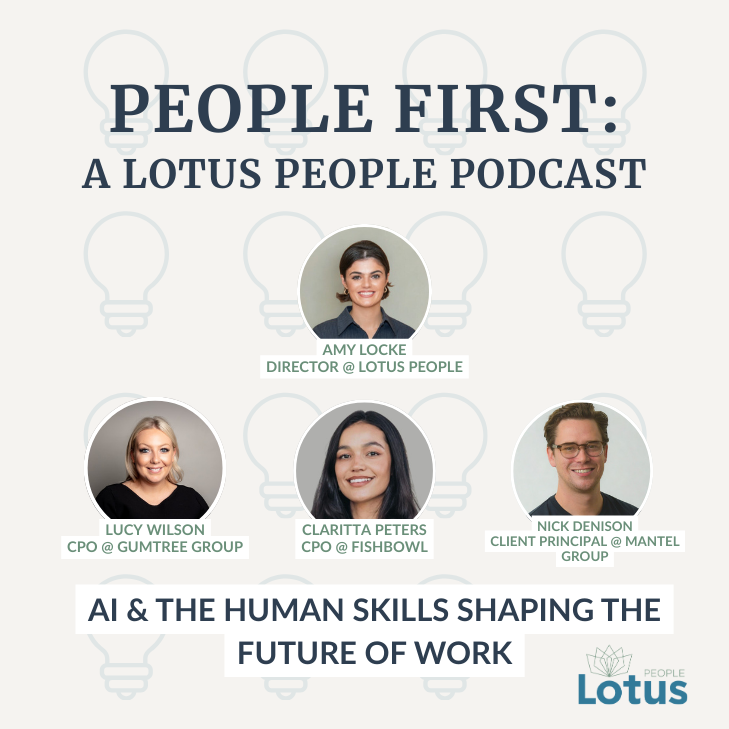The Harvard Business Review released an article last week detailing their decade-long research on micro-stresses and how they infiltrate our lives. The idea is that these stresses are part of every day, however, we don’t stop to consider how these accumulate.
The volume, diversity, and velocity of relational touch points (the way we routinely communicate and collaborate with others) we all experience in a typical day is beyond anything we have seen in history, and cumulatively they are taking an enormous toll on our health and our productivity at work.
Harvard Business Review, 2020
But it’s not all doom and gloom!
The article provides us with a table to establish the cause of our stresses. Divided into three categories, with a number of potential causes within each, the options range from ‘confrontational conversations’ to ‘disruptions to your network’. Luckily, the authors have identified how to mitigate these micro-stresses, suggesting that ‘we don’t have to accept micro-stresses as destiny’.
- Isolate and act on two to three micro-stresses
- Invest in relationships and activities that keep the less consequential micro-stresses in perspective
- Distance or disconnect from stress-creating people or activities
Confronting what causes us stress, and doing something about it has never been more necessary – well worth a read!
https://hbr.org/2020/07/dont-let-micro-stresses-burn-you-out
You may also like...





